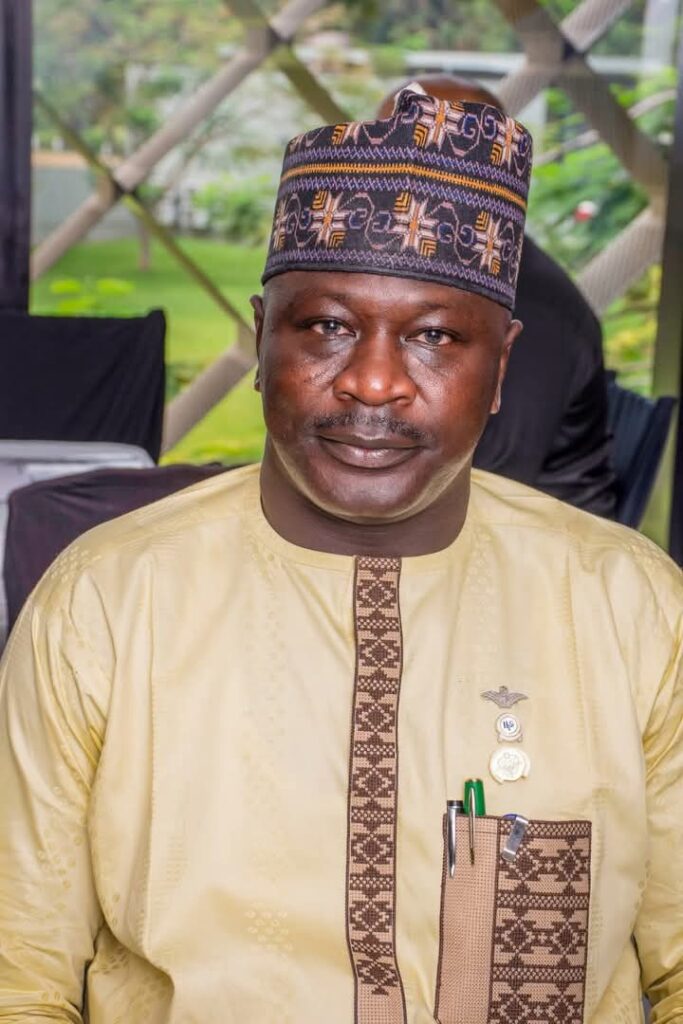The Special Adviser on Security to the Governor of Sokoto State, Ahmed Usman (rtd), has urged the State government to enhance its support systems to complement the military’s ongoing counterinsurgency operations.
His call is aimed at ensuring the successful reintegration of 390 repentant Boko Haram members who have completed the Deradicalisation, Rehabilitation, and Reintegration (DRR) programme.
Usman noted that while the Nigerian Army has fulfilled its role in deradicalising and rehabilitating former insurgents, the responsibility now falls on State governments, community leaders, and the general public to facilitate their full reintegration into society.
The 390 ex-combatants, identified as Special Batch 6/2024 and Sulhu Batch 7/2024 clients, have acquired vocational skills in carpentry, tailoring, welding, agriculture, and shoemaking.
Usman called on local authorities, traditional leaders, and civil society organizations to collaborate with the state government in developing sustainable reintegration strategies.
He emphasized the importance of community sensitization and economic empowerment initiatives to reduce the risk of relapse and ensure lasting peace.
“Peace is not achieved by weapons alone,” he said. “We must adopt inclusive strategies that build trust, restore livelihoods, and offer these individuals a second chance. Reintegration is a shared responsibility.”
The DRR programme, launched in 2016, is a component of the Nigerian military’s non-kinetic approach to ending insurgency in the Northeast and other conflict-affected regions. It aims to encourage defections from insurgent groups and facilitate the return of repentant fighters to civilian life.















